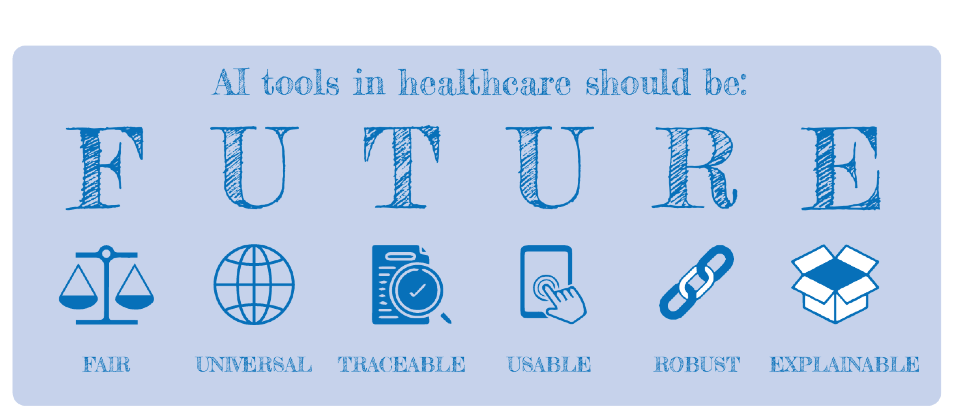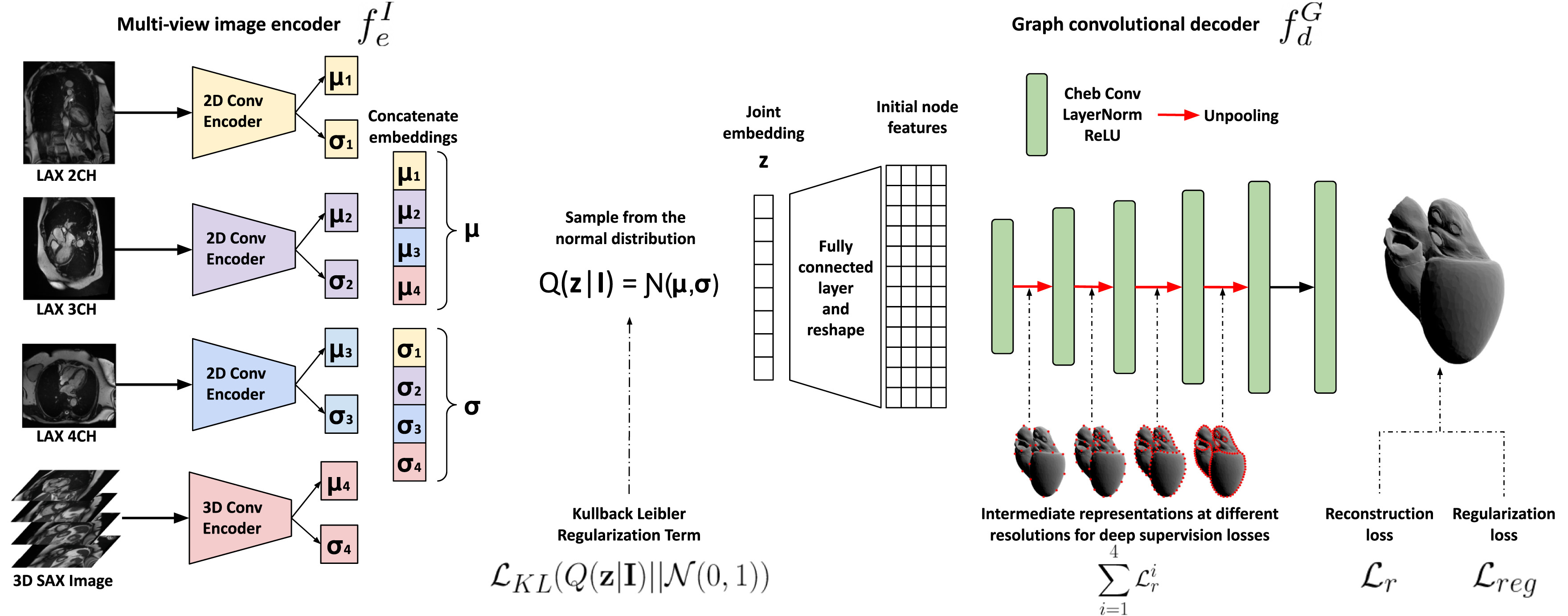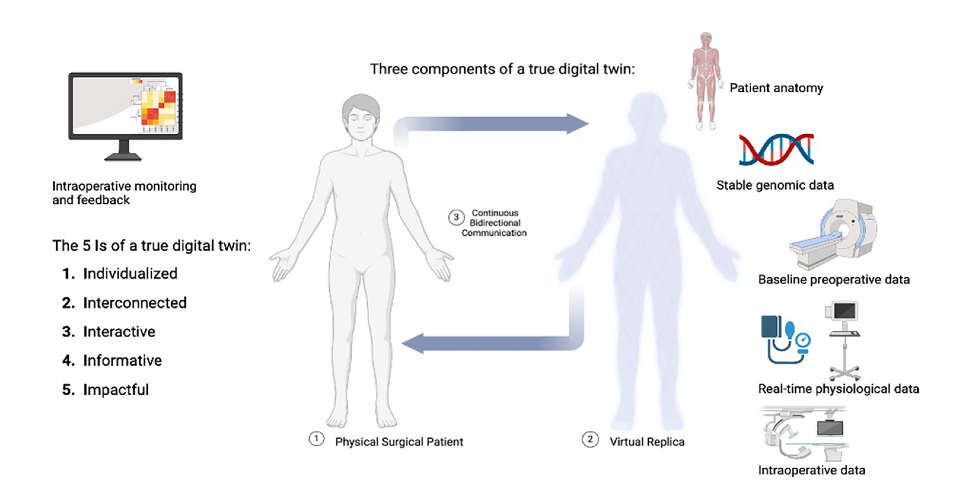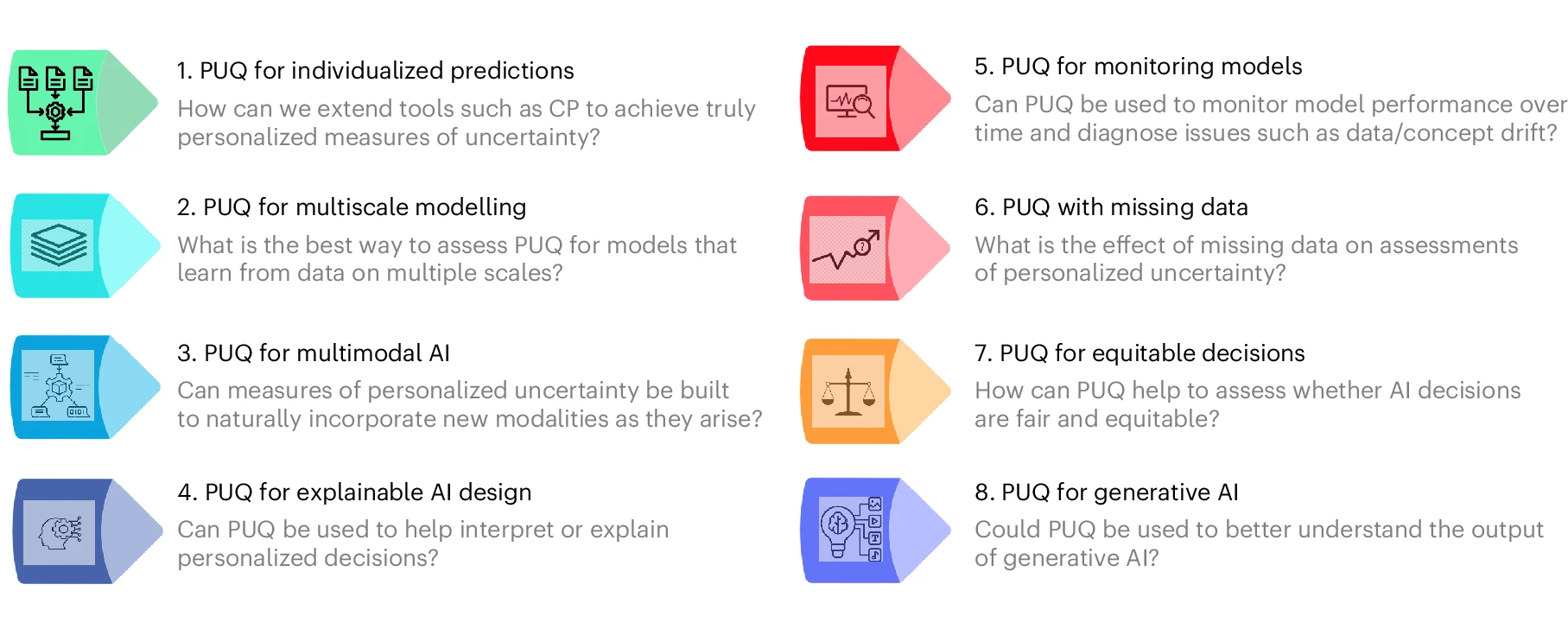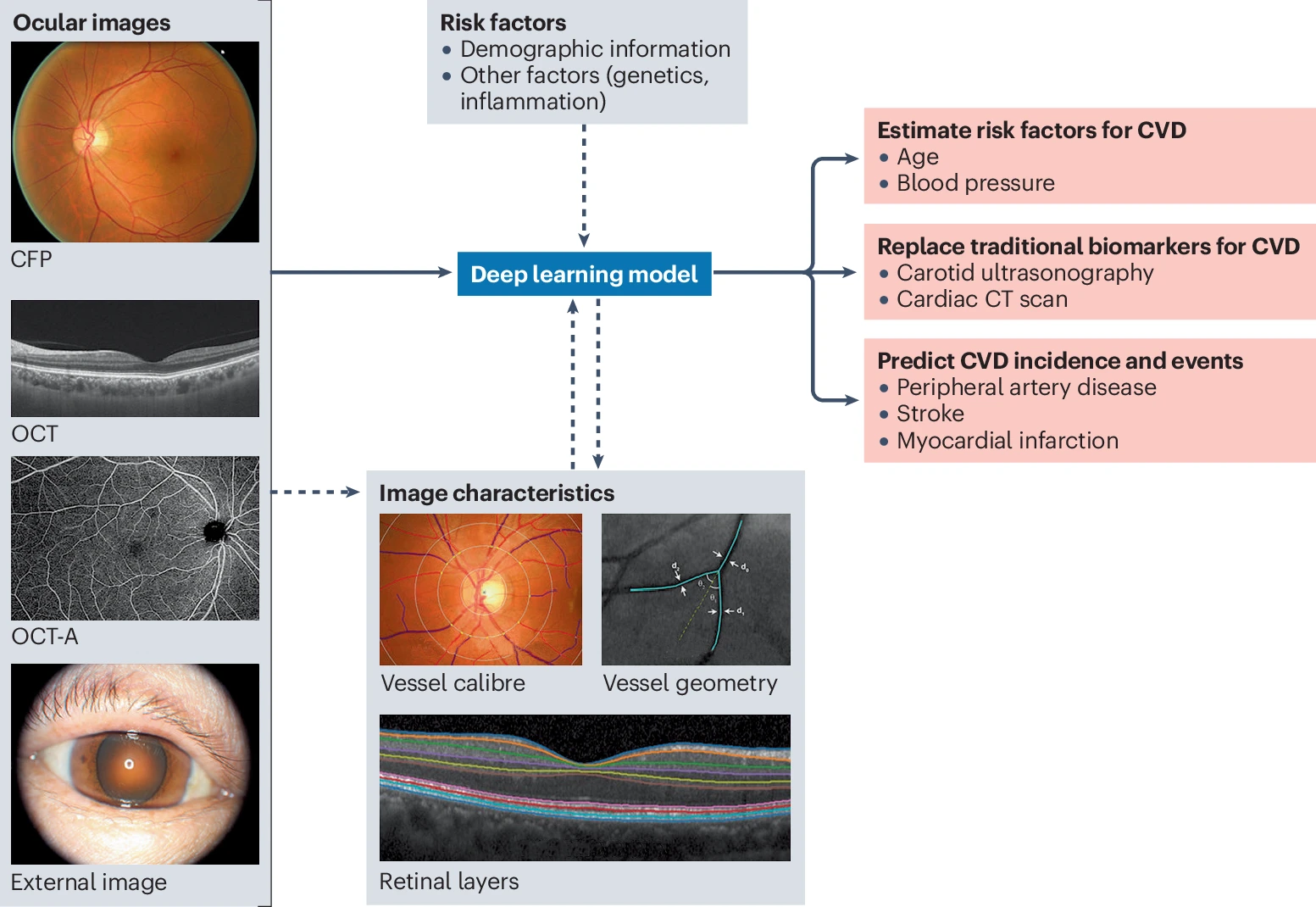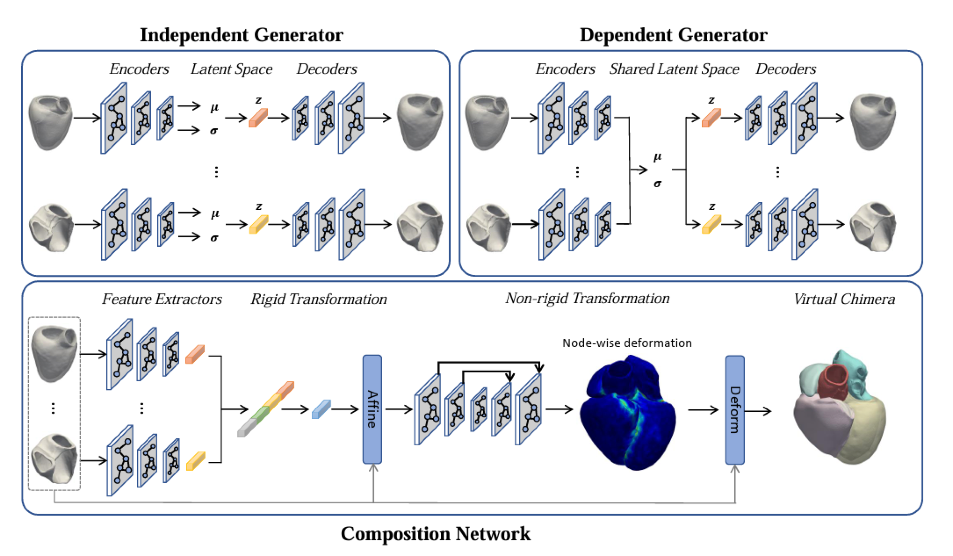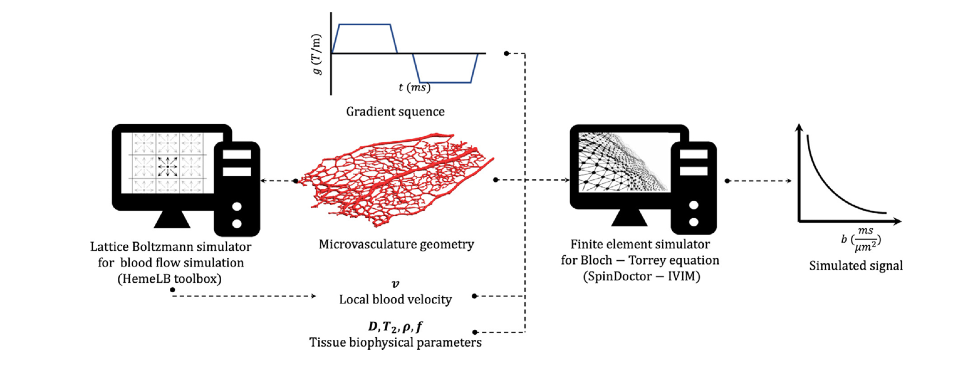Alejandro F. Frangi
Bicentenary Turing Chair in Computational Medicine | Royal Academy of Engineering Chair in Emerging Technologies | Executive Director, UK Centre of Excellence on In-Silico Regulatory Science and Innovation | Lead, NIHR Manchester Biomedical Research Centre, Digital Infrastructure

Rm G530, Stopford Building, Oxford Road, University of Manchester, M13 9PL Manchester
Rm G21, Kilburn Building, Oxford Road, University of Manchester, M13 9PL Manchester
I am Professor Alejandro Frangi FREng FIEEE, and I hold the Bicentenary Turing Chair in Computational Medicine at the University of Manchester. I have the privilege of leading the UK CEiRSI Centre of Excellence on in-Silico Regulatory Science and Innovation, which seeks to advance in silico medicine across the UK. My research centres on AI and in silico technologies, and I endeavour to foster collaboration between academia, industry, and regulators to support healthcare innovation. In 2023-2025, he was Director of the Christabel Pankhurst Institute, from wwhere he worked to support health tech innovation translation in Greater Manchester.
I work at the intersection of computational modelling and medical science, with the goal of contributing to improved patient care through innovative technologies and interdisciplinary collaboration.
My research interests focus on the intersection of medical image analysis and modelling, with particular emphasis on machine learning (phenomenological models) and computational physiology (mechanistic models). I am especially interested in statistical methods applied to population imaging and in silico clinical trials. My interdisciplinary work has found applications across cardiovascular, musculoskeletal, and neuroscience domains.
I am also committed to sharing the potential benefits of in silico technologies with broader audiences through my recently launched podcast, In Silico Trials, Real Impacts!
news
| Jun 16, 2025 | Website launch announcement: the new website is now live! |
|---|
selected publications
- (2025). Computational Modeling and Simulation for Medical Devices: A Summary of the 2024 FDA/MDIC Symposium. Prog. Biomed. Eng.. DOI: 10.1088/2516-1091/ae1c05.
-
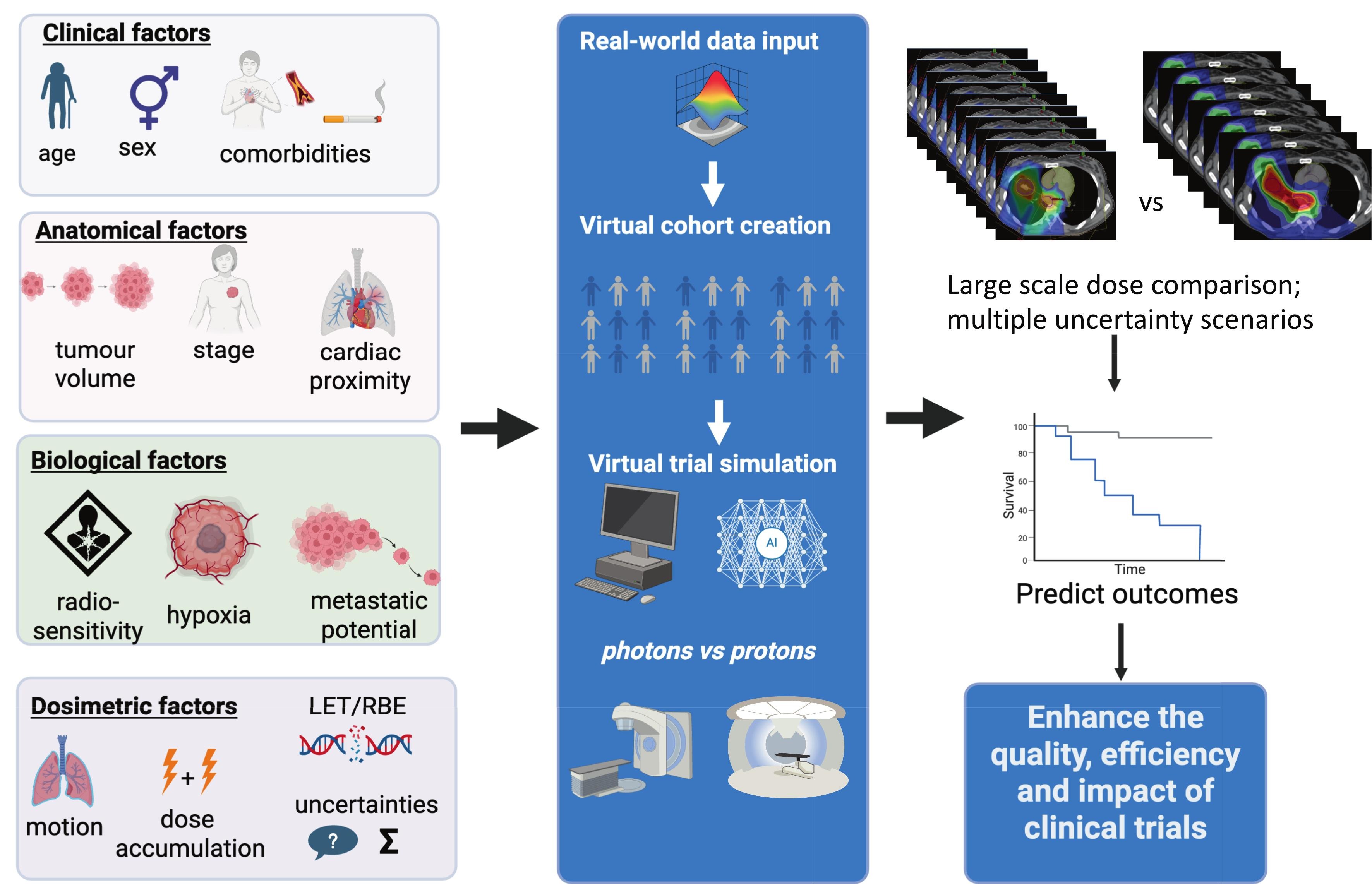 (2025). The concept of virtual clinical trials: A game changer in radiation oncology research?. Radiother. Oncol., 214:111264. DOI: 10.1016/j.radonc.2025.111264.
(2025). The concept of virtual clinical trials: A game changer in radiation oncology research?. Radiother. Oncol., 214:111264. DOI: 10.1016/j.radonc.2025.111264. -
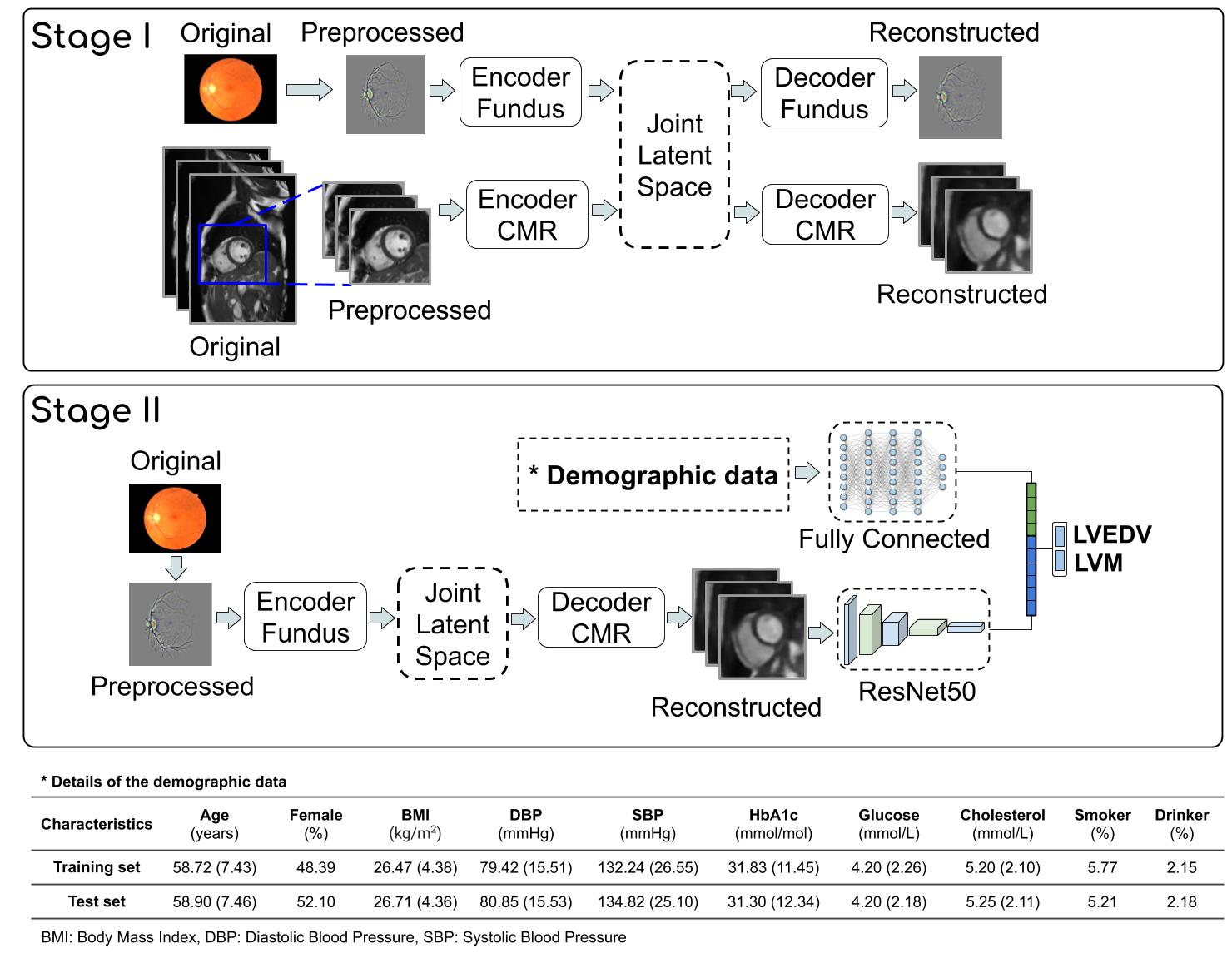 (2022). Predicting Infarction through your Retinal Scans and Minimal Personal Information. Nat Machine Intel., 4(1):55–61. Available at: https://doi.org/10.1038/s42256-021-00427-7.
(2022). Predicting Infarction through your Retinal Scans and Minimal Personal Information. Nat Machine Intel., 4(1):55–61. Available at: https://doi.org/10.1038/s42256-021-00427-7.
